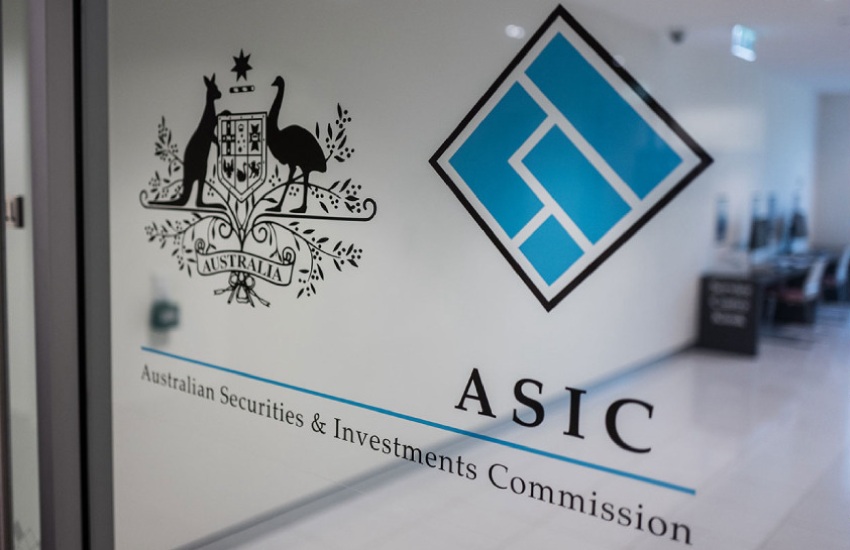ASIC has now released a consultation paper aimed at helping it understand the issues and impediments relating to the supply of good-quality affordable personal advice.
It notes that there are just 21,284 financial advisers as of November, down by 14.6 per cent against the long-term average prior to 1 January 2019 — the date when regulatory reforms including FASEA standards kicked in.
You’re out of free articles for this month
“The reduction in the number of financial advisers has led to widespread concern that consumers may find it difficult to access good-quality affordable personal advice,” ASIC said.
The corporate regulator also notes that consumers prefer limited advice but acknowledges that many financial advisers and advice licensees remain uncertain about how they can provide compliant limited advice.
ASIC has also acknowledged the major disconnect in what consumers are willing to pay for advice and what the industry charges, with estimates showing that the maximum consumers were willing to pay for comprehensive personal advice was $550, compared with the average $2,900 that financial planners charge.
It is therefore calling for stakeholders to help inform it of the impediments to providing affordable and limited advice that ASIC and industry are able to address.
“Good-quality affordable personal advice may help consumers make better financial decisions, especially during times of heightened vulnerability,” said ASIC commissioner Danielle Press.
“Your feedback is vital for us to better understand the impediments on the supply side. It will help us determine what meaningful steps we can take to help industry better provide good-quality affordable advice that meets consumers’ needs.”
CPA Australia general manager of external affairs Dr Jane Rennie said the consultation was much needed, particularly in light of its research last year that found that accountants providing a holistic financial advice service faced over $110,000 in registration and fees.
“CPA Australia research has shown that regulatory duplication and overlapping or conflicting requirements are hindering accountants from providing accessible and affordable advice,” Dr Rennie said.
“We encourage the regulator to apply a broad definition of advice. Professional advice is more than just financial planning advice, and includes taxation, business and accounting advice — all of which can help consumers manage their finances.
“The barriers to providing affordable advice affect all forms of professional advice.”
The joint professional accounting bodies — including Chartered Accountants Australia New Zealand, CPA Australia and the Institute of Public Accountants — have also since called on the government to re-examine the current regulatory framework that is preventing accountants from providing holistic advice.
View ASIC’s consultation paper here.
Jotham Lian
AUTHOR
Jotham Lian is the editor of Accountants Daily, the leading source of breaking news, analysis and insight for Australian accounting professionals.
Before joining the team in 2017, Jotham wrote for a range of national mastheads including the Sydney Morning Herald, and Channel NewsAsia.
You can email Jotham at: This email address is being protected from spambots. You need JavaScript enabled to view it.

 Login
Login







